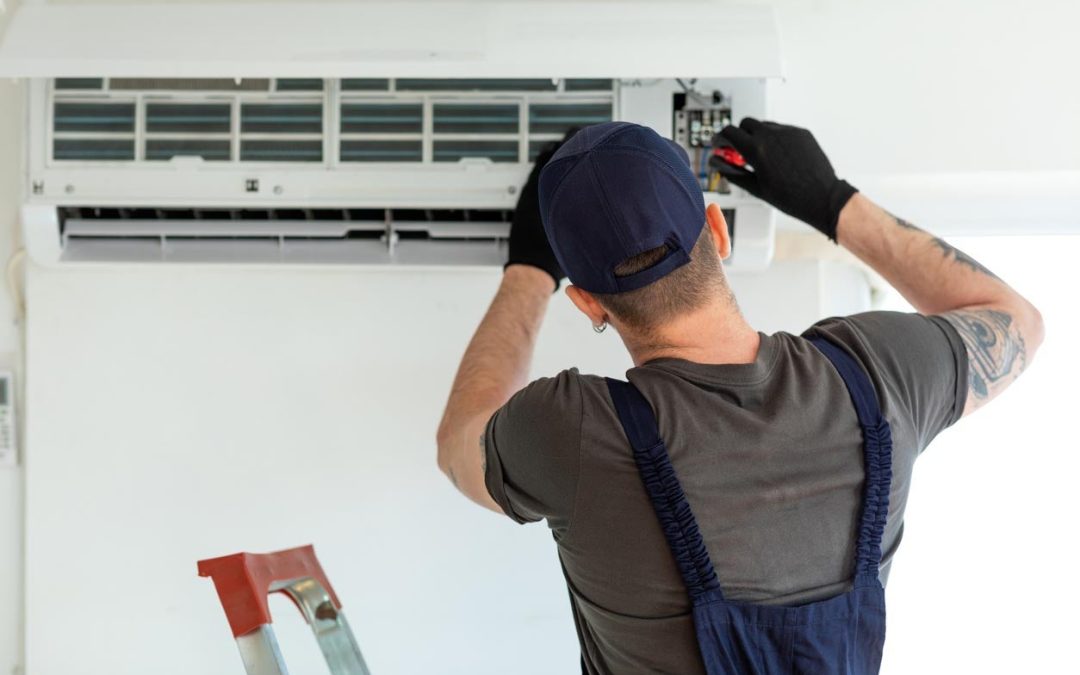Inverter ACs have gained popularity because they are more energy efficient than non inverter ACs. However, like any other technology, inverter air conditioners in Singapore also come with their disadvantages. In this article, we will explore some of the disadvantages of using inverter air conditioners in Singapore.
1. High Initial Cost:
One of the biggest disadvantages of inverter air conditioners is their high initial cost. Compared to conventional air conditioners, inverter air conditioners are more expensive due to the added technology and components required to operate.
The inverter ACs use a variable frequency compressor, which is expensive to manufacture. The initial cost of purchasing an inverter air conditioner can be a barrier for many consumers, particularly those on a tight budget.
2. Repair and Maintenance Costs:
Inverter air conditioners require specialized knowledge and equipment to repair and maintain. As such, repair and maintenance costs can be higher than conventional air conditioners. In addition, the complexity of the technology used in inverter air conditioners means that they are more prone to breakdowns and malfunctions, which can lead to further repair costs.
3. Compatibility with Voltage Fluctuations:
Inverter air conditioners are sensitive to voltage fluctuations. Voltage fluctuations are common in many parts of the world, particularly in developing countries where the power grid is not as reliable. Inverter air conditioners may not operate at their optimal level during voltage fluctuations, leading to reduced efficiency and increased energy consumption. This can result in higher electricity bills for the consumer.
4. Inverter Air Conditioners are not Suitable for Large Spaces:
Inverter air conditioners are not suitable for cooling large spaces. They are designed to operate in small to medium sized rooms. This is because inverter air conditioners have a limited cooling capacity. If used in a large space, inverter air conditioners will have to work harder to maintain the desired temperature, which can result in increased energy consumption and higher electricity bills.
5. Noise Levels:
Inverter air conditioners are generally quieter than conventional air conditioners. However, the noise level can still be a concern for some consumers, particularly those who are sensitive to noise. Inverter air conditioners use a compressor that operates at variable speeds, which can result in a humming noise. Some consumers may find this noise distracting, particularly if the air conditioner is installed in a bedroom or other quiet space.
6. Maintenance Requirements:
Inverter air conditioners require regular maintenance to operate at their optimal level. This includes cleaning the filters, coils, and condenser regularly. Failure to perform regular maintenance can lead to reduced efficiency and increased energy consumption.
In addition, inverter air conditioners require a certain level of expertise to maintain. Consumers may need to hire a professional to perform maintenance, which can result in additional costs.
7. Lifespan:
Inverter air conditioners have a shorter lifespan compared to conventional air conditioners. This is due to the complexity of the technology used in inverter air conditioners. The lifespan of an inverter air conditioner can be reduced if it is not maintained regularly or if it is operated beyond its cooling capacity. Consumers may need to replace their inverter air conditioner more frequently, which can result in additional costs.
Some Other Disadvantages:
- Complex Technology –Inverter ACs use more complex technology than traditional ACs. This complexity can result in more maintenance requirements and potentially higher repair costs. Additionally, the complex technology means that there are more components that can fail, which could result in the need for more frequent repairs.
- Compatibility Issues –Inverter ACs are not always compatible with all homes. They require a stable voltage supply, and if the voltage is not stable, the AC may not function correctly. In some cases, a voltage stabilizer may be required, which adds to the overall cost of the system.
- Power Consumption –Inverter ACs consume more power during start up than traditional ACs. While the energy savings during operation may offset this increased start up power consumption, it is important to consider the overall energy consumption of the AC.
- Installation Requirements – Inverter ACs require professional installation. The installation process can be more complex than traditional ACs, and if the installation is not done correctly, it can result in reduced efficiency or even damage to the AC.
- Potential Cooling Issues – Inverter ACs are designed to adjust the compressor speed based on the room temperature. However, in some cases, this can result in the AC not cooling the room as effectively as a traditional AC. This is particularly true in very hot and humid climates, where the AC may struggle to maintain a comfortable temperature.
- Durability –Inverter ACs are less durable than non inverter ACs. The inverter technology involves more components that are prone to wear and tear over time. The repair cost of these components can be high, and it may lead to frequent breakdowns of the AC.
- Size and Weight –Inverter ACs are heavier and larger than non inverter ACs. The larger size and weight can make it difficult to install the unit. If you are replacing a non inverter AC with an inverter AC, you may need to modify the wall or window to accommodate the larger unit.
In conclusion, inverter air conditioners offer several benefits such as energy efficiency and quiet operation. However, they also come with their disadvantages, including high initial cost, repair and maintenance costs, compatibility with voltage fluctuations, limited cooling capacity, noise levels, maintenance requirements, and a shorter lifespan.
Consumers should weigh the pros and cons of inverter air conditioners carefully before making a decision to purchase. It is also important to select a reputable brand and model and to perform regular maintenance.


